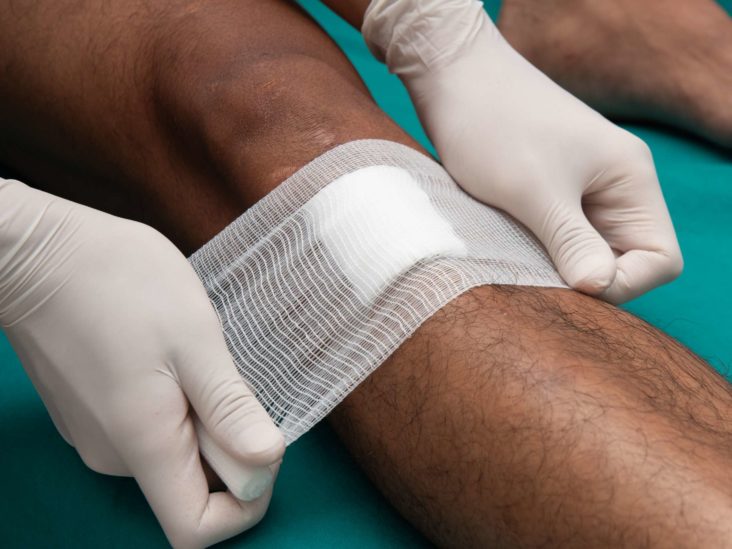People find themselves dealing with accidental cuts and injuries from time to time. And we try curing them by cleaning with soap and water. However, in most cases, that doesn’t work. But before you call the doctor or start applying a topical antibiotic for skin infection, you should consider trying out a few natural remedies at home.

So, excited about learning a few natural remedies that can even cure your infected wounds? Read on and find out the natural remedies that you can use for mild injuries before they become any worse.
Honey
Without a doubt, honey is the most elaborate researched natural remedy worldwide. The application of honey on a wound will help it heal and protect it from catching any infections. Additionally, manuka honey is also applied as a bandage on the wound for even faster injury recovery. As a result, researchers have found a way to use honey and bandages and have now devised specially engineered honey bandages available in the market. So, if you can’t find a honey jar in your kitchen, be sure to add some honey bandages to your first aid kit.
Turmeric Paste
Many people don’t know that turmeric contains a natural antimicrobial and anti-inflammatory component, which can heal your skin wounds when applied in the topical form. And that’s not all. Research has also shown that it may even contain anti-infectious components that protect an injury from getting infected.
Aloe Vera
You might have heard about the benefits of using aloe vera after a sunburn. However, this is not its only use. The gel-filled in the leaves of this subtropical plant can be used for several other skin problems as well. Furthermore, aloe vera has anti-inflammatory and antimicrobial effects and can be great for skin tissue healing after a minor to moderate wound.
Some of the common uses of aloe vera include its application on rashes, aches, and burns. It may even minimize the sensation of pain. You may apply aloe vera anytime you want it throughout the day.
Lavender Oil
A 2018 research demonstrated that lavender, mainly in its oil form, may accelerate the healing of a wound while providing the user with antibacterial and antimicrobial effects at the same time. However, bear in mind that it is essential to dilute it first with a carrier, like almond, olive, or jojoba oil.
Topical Vitamin E
Many know vitamin E as an antioxidant, which also has anti-inflammatory properties that can speed up the process of healing a wound and prevent further infections or tissue damage. A famous form of vitamin E commonly used is coconut oil, but you can also find other topical formulas rich in vitamin E from a pharmacy.
To Sum it Up
Cuts and wounds are common if you often find yourself working in a kitchen or living an active lifestyle. Moreover, it can happen to your kids or anyone in your family. That’s why you must always be ready to tackle situations. With the natural remedies mentioned above, you will find a way to heal a wound in the most accessible and natural way.